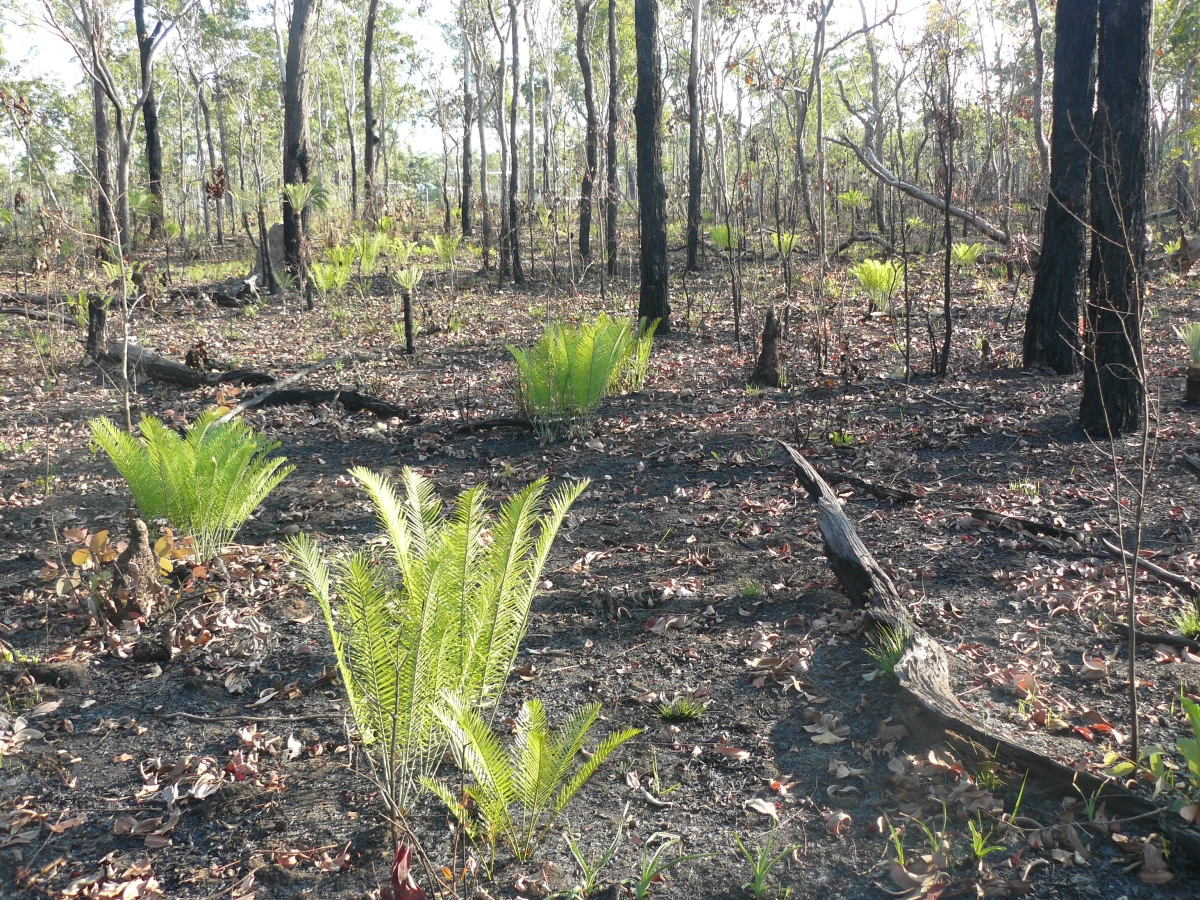Yes,  it’s a provocative title, I agree. But then again, it’s true.
it’s a provocative title, I agree. But then again, it’s true.
But I don’t just mean in the most obvious ways. We already have good data showing that lack of access to clean water and sanitation kills children (especially in developing nations), that air pollution is a nasty killer of young children in particular, and now even climate change is starting to take its toll.
These aspects of child health aren’t very controversial, but when we talk about the larger suite of indicators of environmental ‘damage’, such as deforestation rates, species extinctions, and the overall reduction of ecosystem services, the empirical links to human health, and to children in particular, are far rarer.
This is why I’m proud to report the publication today of a paper on which I and team of wonderful collaborators (Sally Otto, Zia Mehrabi, Alicia Annamalay, Sam Heft-Neal, Zach Wagner, and Peter Le Souëf) have worked for several years.
I won’t lie — the path to publishing this paper was long and hard, I think mainly because it traversed so many different disciplines. But we persevered and today published the paper entitled ‘Testing the socioeconomic and environmental determinants of better child-health outcomes in Africa: a cross-sectional study among nations‘* in the journal BMJ Open.




